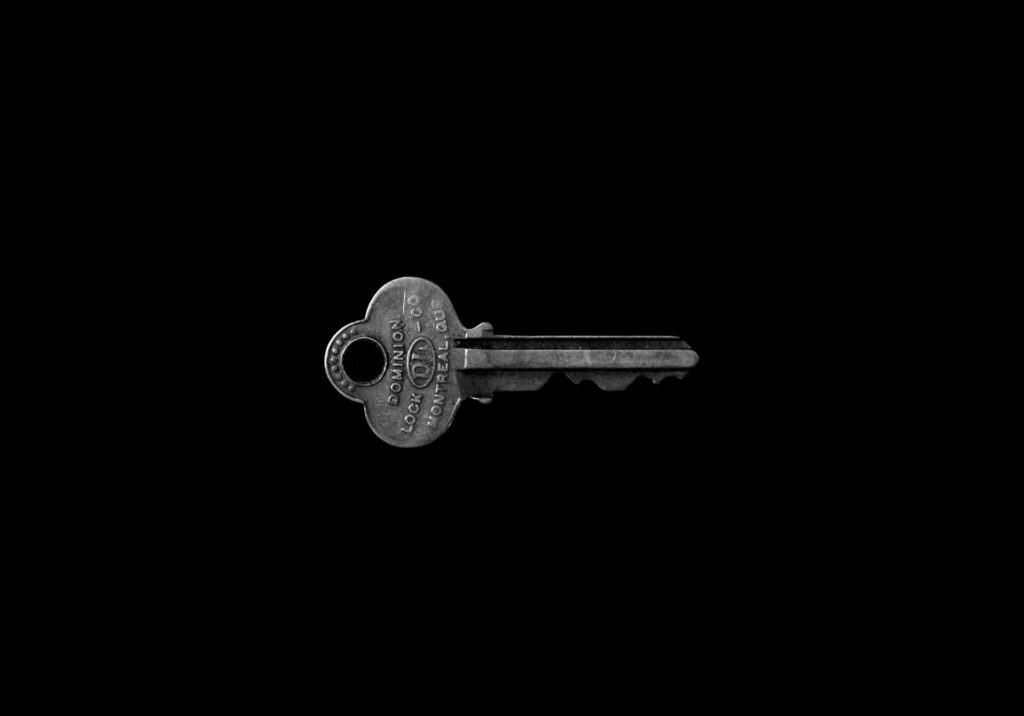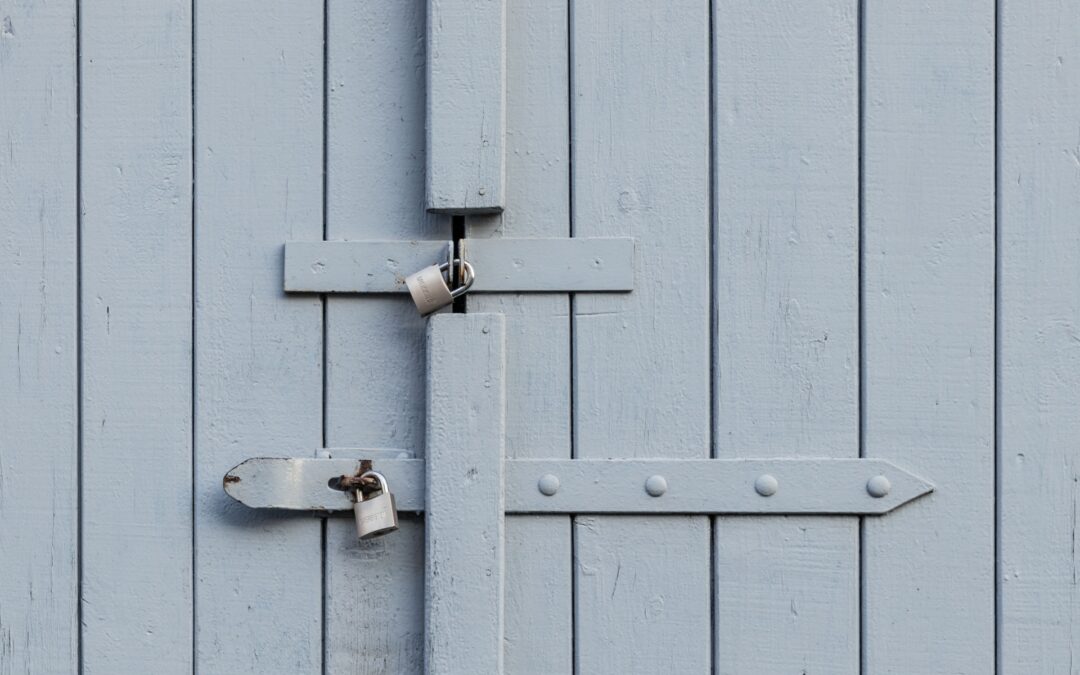Table of Contents
Locks protect our homes, companies, valuables, and people against unwelcome visitors, invaders, and would-be criminals. However, when they cease performing properly, they may be a real pain in our everyday lives.
Lock failure may lead to lockouts, lock-ins, and the worry and uncertainty that your house or workplace is unsafe.
If your door lock has seen better days, isn’t working properly, or has completely failed, don’t hesitate to contact Locksmith Los Angeles, one of the best and most highly rated lock repair companies in the area.
At Locksmith Los Angeles, we have worked hard to offer reliable, fast, and cheap lock repair services to the people of Los Angeles.
Signs That Your Door Locks Need to be Replaced

A high-performance lock and door are essential for everyday life. A properly functioning locking mechanism is important for offering ease of access as well as suitable security. However, locks are subjected to a great deal of abuse in the form of regular wear and tear, which often results in damage that requires repair.
- Turning the lock or handle is getting more difficult.
- Mechanisms or mechanics that are loose
- The lock has been physically damaged.
- When you use it, the lock wiggles or moves.
- The lock does not always latch or catch.
- When you crank the lock, you can hear a distinct grinding noise.
- The deadbolt becomes stuck, either locked or unlocked. The latch has gotten misaligned or broken.
- The key often sticks or becomes jammed in the lock.
- The lock cylinder spins, but the door is not secured.
- Getting a key stuck in the lock.
- The door lock moves more slowly than the pace at which you spin it.
Whatever the problem, our highly skilled locksmith professionals at Locksmith Los Angeles are accessible to you 24 hours a day, 7 days a week to handle all sorts of lockouts or emergency locksmith calls, whether for your home or workplace. Our prompt availability is a top priority for all of your requirements and is available everywhere.
Signs That Your Door Locks Need to be Replaced
-Turning the lock or handle is getting more difficult.
-Mechanisms or mechanics that are loose
-The lock has been physically damaged.
-When you use it, the lock wiggles or moves.
-The lock does not always latch or catch.
-When you crank the lock, you can hear a distinct grinding noise.
-The deadbolt becomes stuck, either locked or unlocked. The latch has gotten misaligned or broken.
-The key often sticks or becomes jammed in the lock.
-The lock cylinder spins, but the door is not secured.
-Getting a key stuck in the lock.
-The door lock moves more slowly than the pace at which you spin it.
